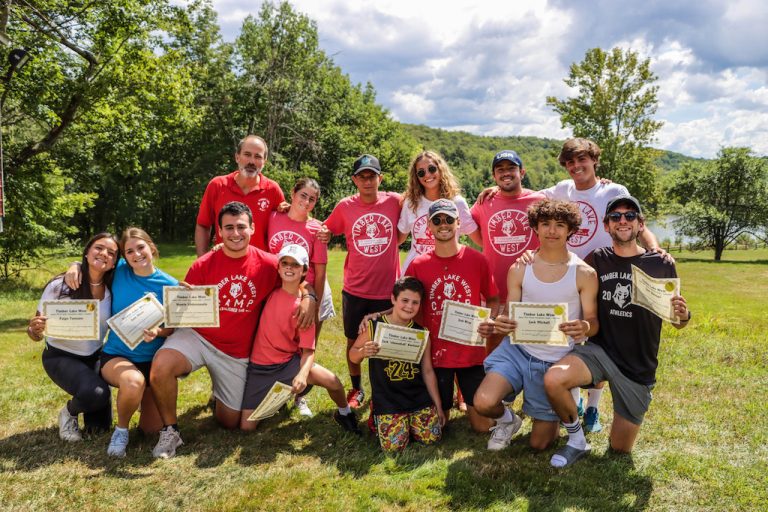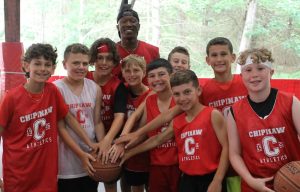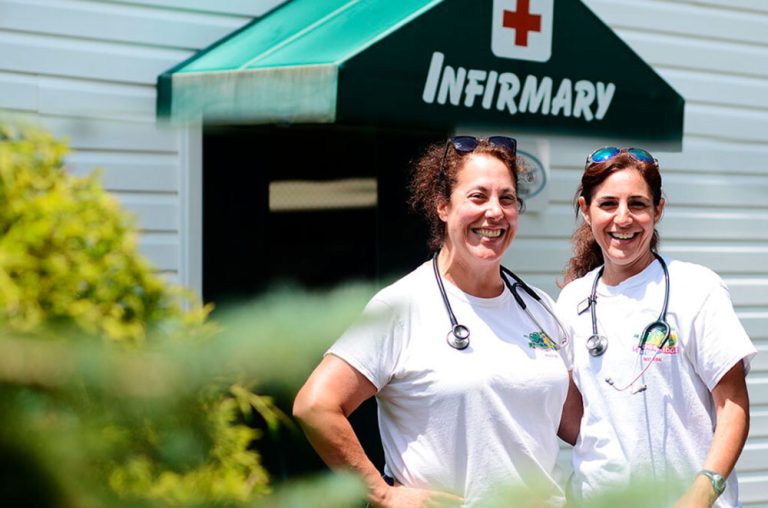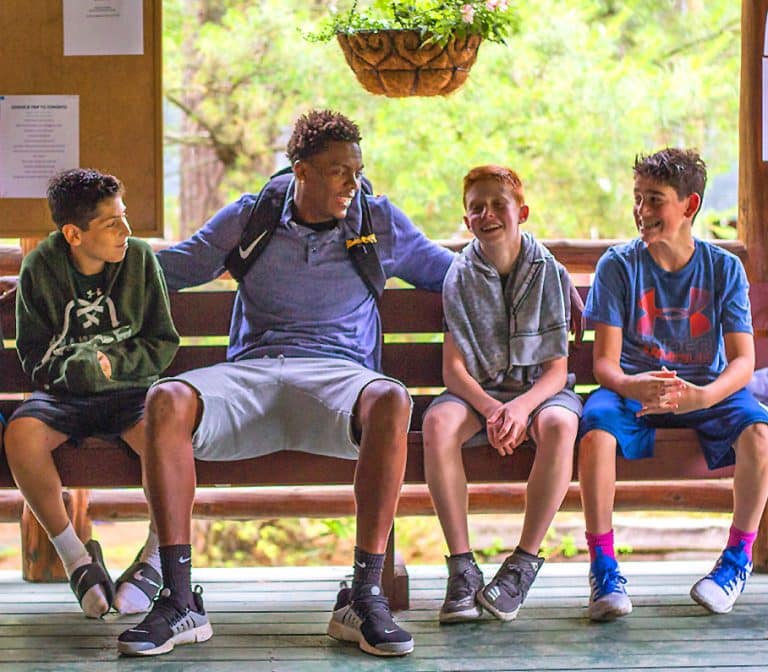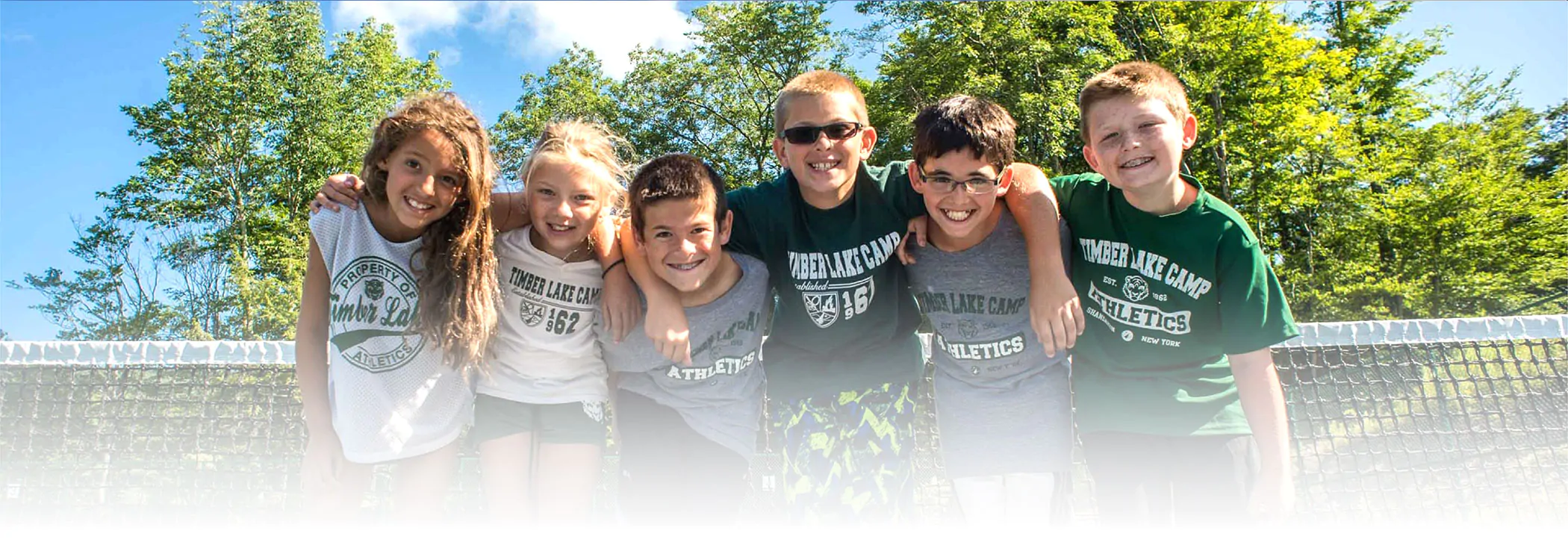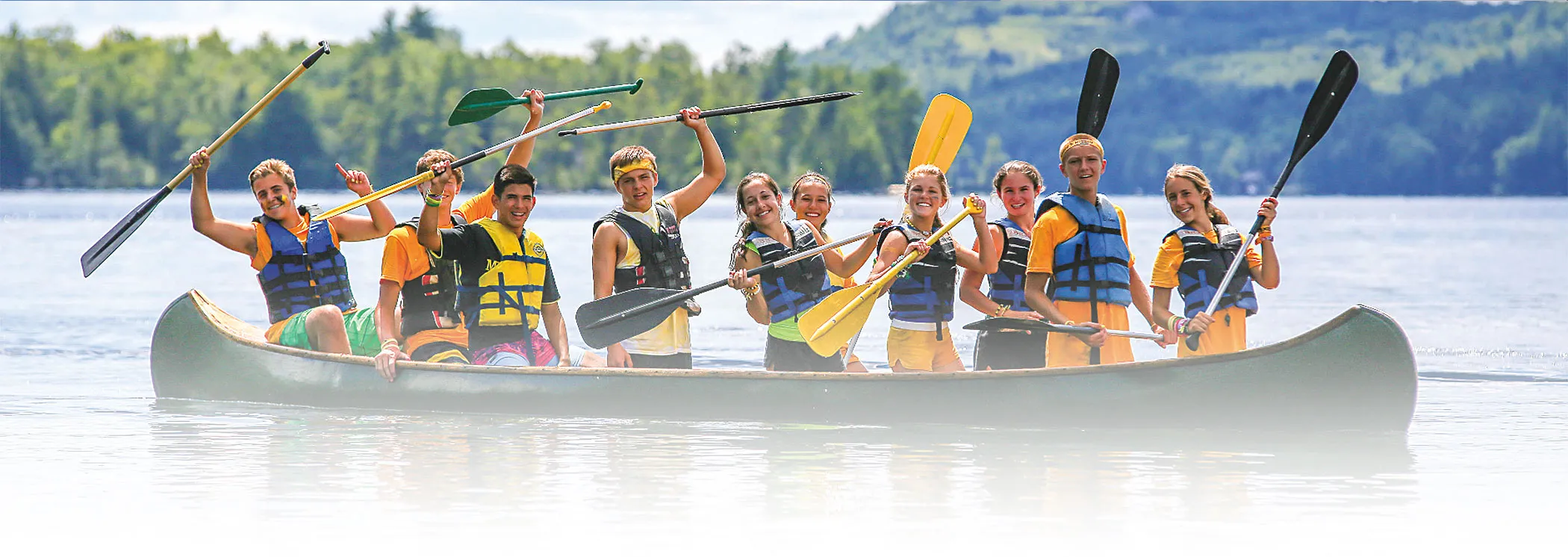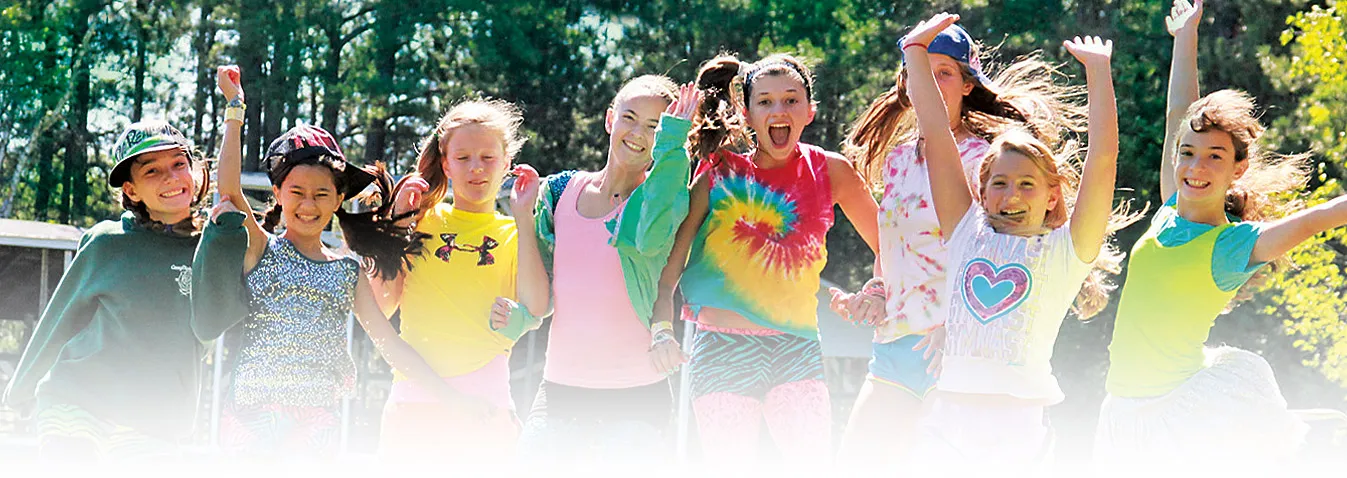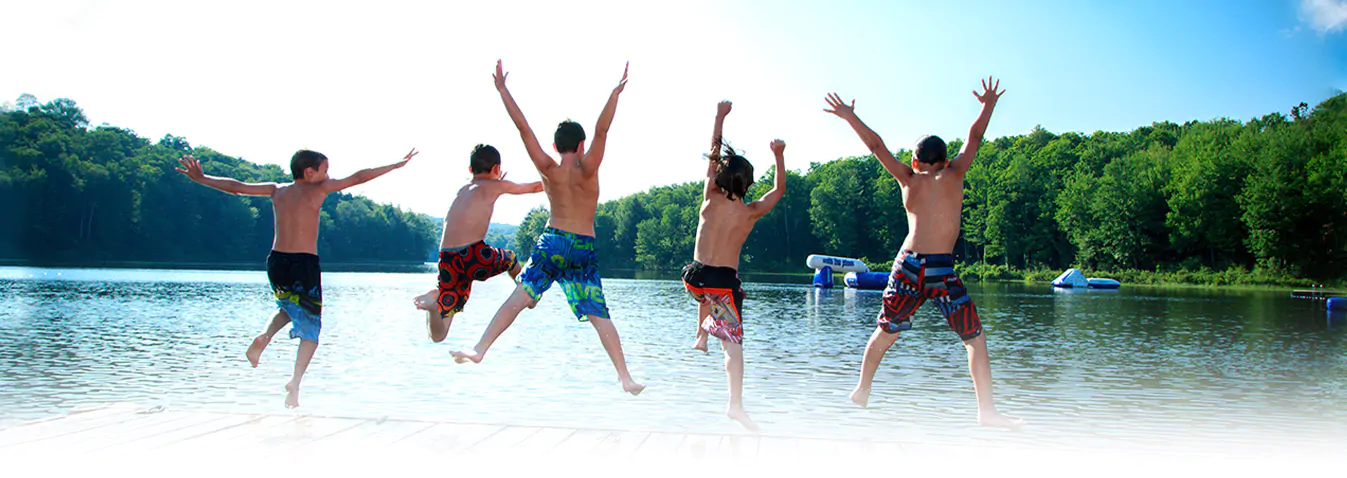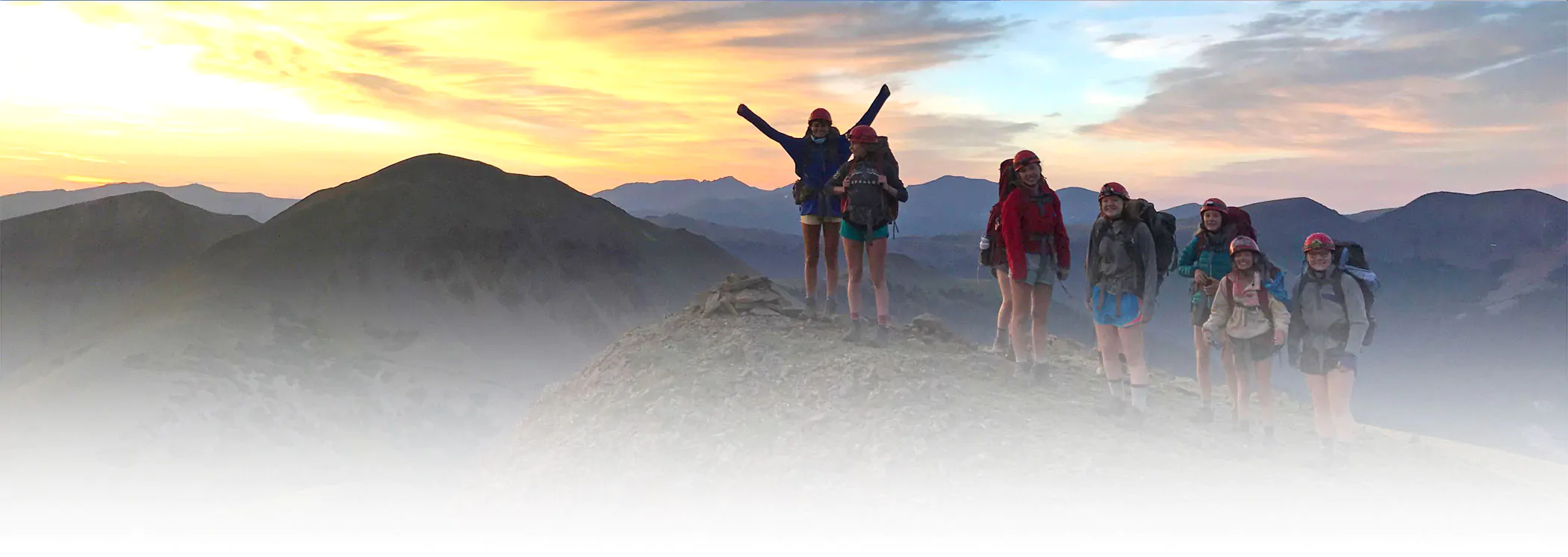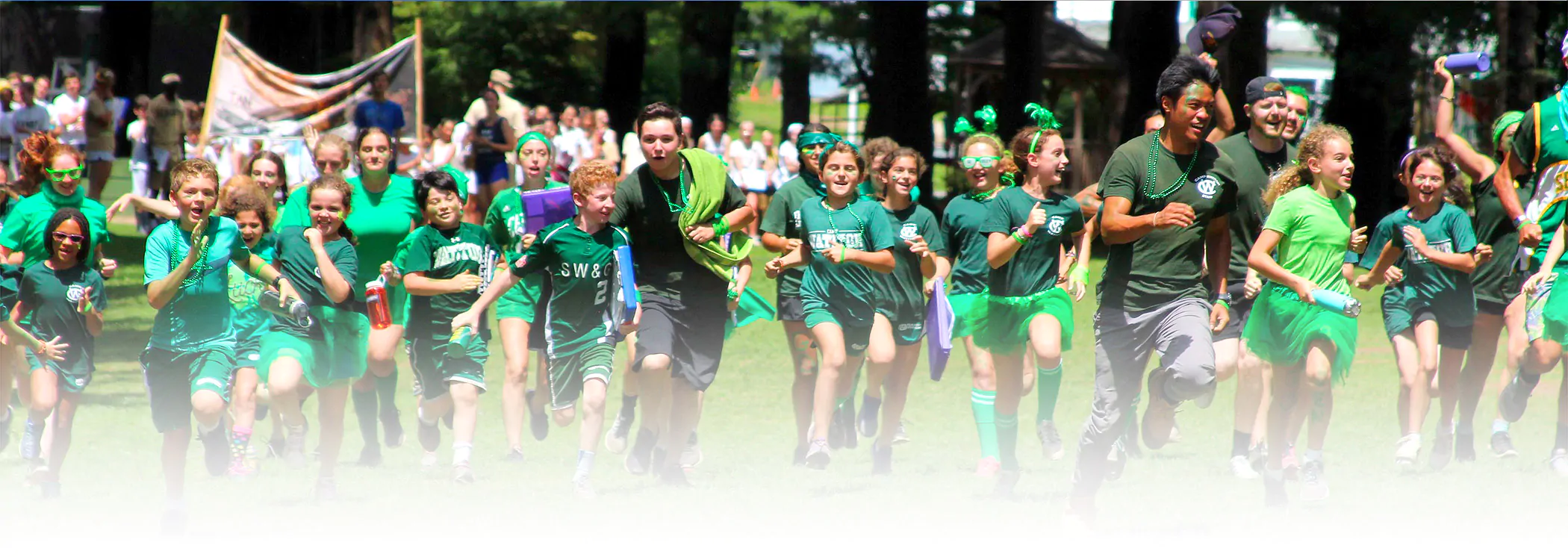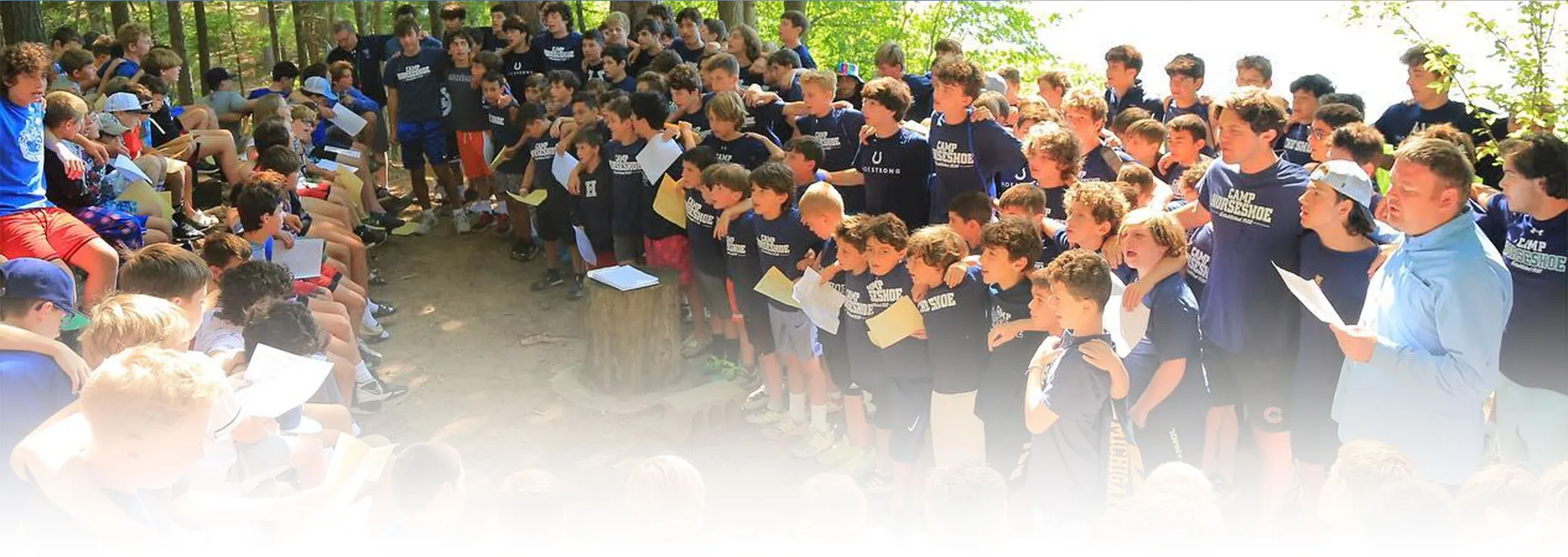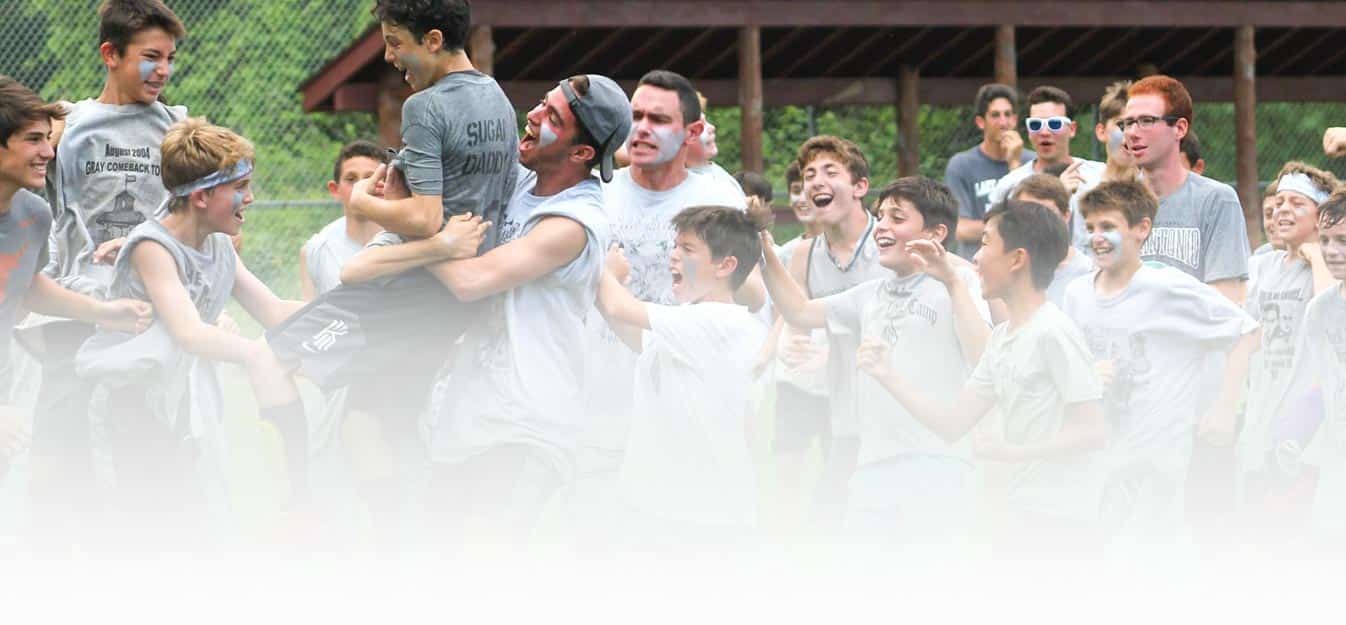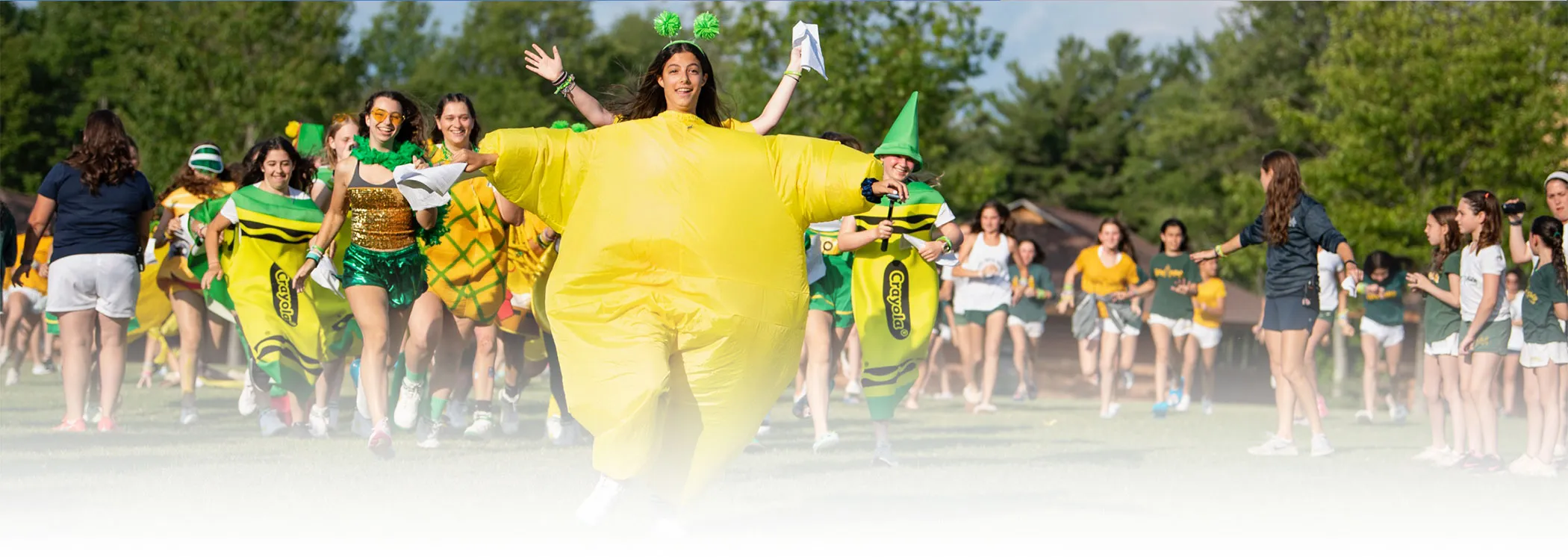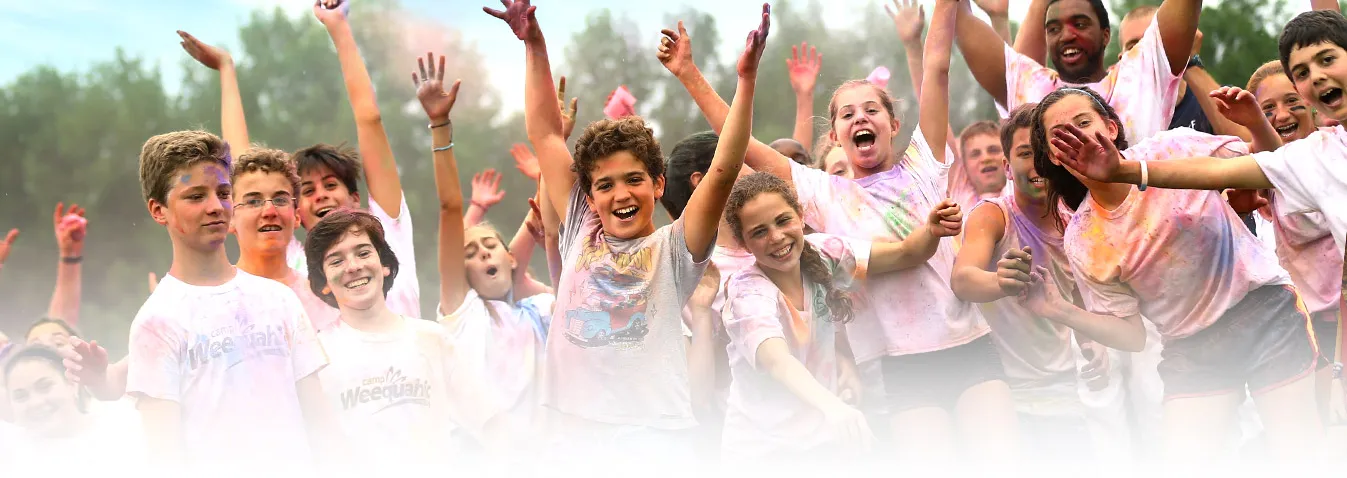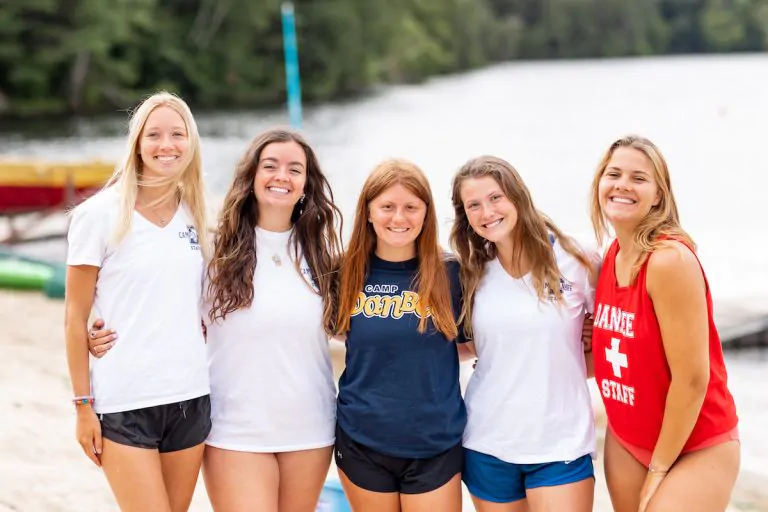Embark on an exhilarating journey this summer by joining the ranks of the world’s most renowned camps nestled within the heart of the U.S.A.! These camps aren’t just ordinary summer destinations for children; they’re veritable havens for adventure-seeking individuals like you, offering unparalleled opportunities for both fun and personal growth.
Immerse yourself in the vibrant atmosphere of sleep-away summer camps, where thousands of seasonal positions await eager high school graduates, college students, and educators on summer hiatus. Experience the thrill of shaping young minds, leading outdoor expeditions, and fostering lifelong memories—all while getting paid for it! And let’s not forget the invaluable addition to your professional portfolio that a stint at one of these esteemed camps will bring.
Ready to transform your summer into an unforgettable odyssey? Dive into our curated selection of the finest camps offering employment opportunities for the summer of 2025 below, and set course for an extraordinary season ahead!
Check out our premier summer camps that are hiring people like you, right NOW!
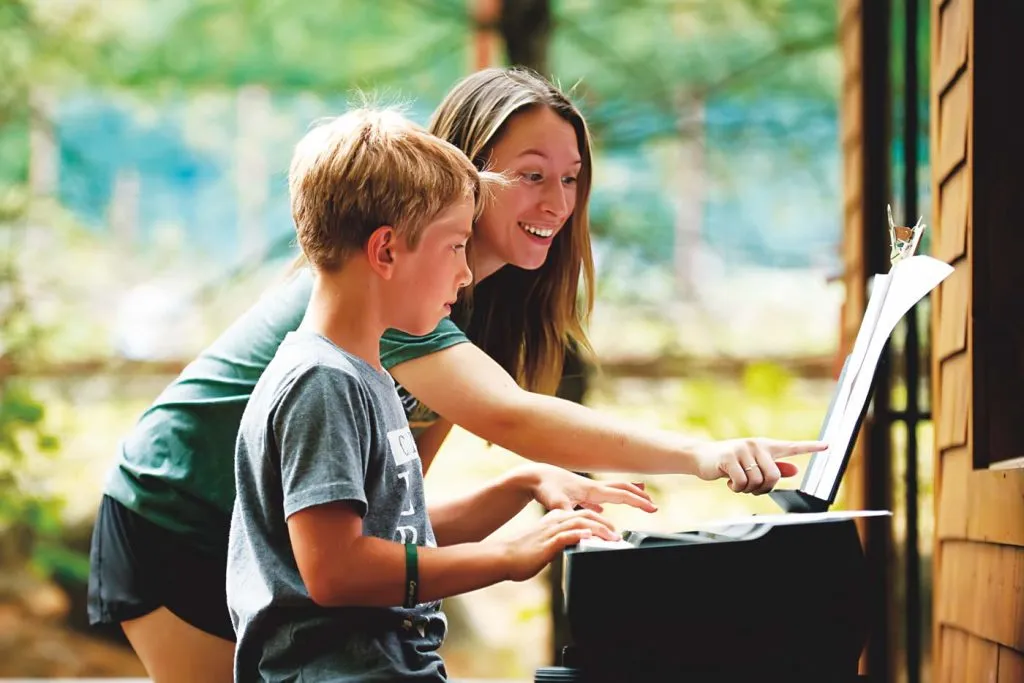
Camp Laurel
Camp Laurel stands as one of the most prestigious and highly esteemed camps across the nation. It provides top-tier instruction meticulously crafted to enable children to engage in their beloved activities while also opening doors to new and exhilarating opportunities for exploration.
At Camp Laurel, the emphasis lies in fostering a professional yet familial atmosphere, coupled with superior instruction and the cultivation of lifelong bonds forged each summer. Its dedicated staff comprises collegiate individuals and seasoned professionals, all driven by a shared commitment to making a meaningful impact on the lives of children.
The camp’s extensive array of activity areas encompasses Boys and Girls Sports, Waterfront Activities, Fine Arts, Theatre, Adventure pursuits, Riding, and beyond. Boasting premier facilities, Camp Laurel features a picturesque waterfront and beach, regulation sports fields, basketball courts, a brilliantly lit roller hockey arena, a beach volleyball court bathed in light, as well as state-of-the-art arts and crafts studios including photography and ceramics workshops.
Moreover, the camp offers an impressive roster of amenities including 15 all-weather tennis courts, an aerial park, climbing towers, stables, riding arenas, and a professionally-equipped theatre, ensuring a diverse and enriching experience for all who partake.
At Camp Laurel, prepare for an unforgettable adventure! Nestled in a breathtaking natural setting, you’ll dive into a whirlwind of activities from sports to arts and crafts, and thrilling wilderness expeditions. But that’s not all! Forge lifelong connections with your fellow staff members, cultivating friendships that’ll last a lifetime. Learn more about working at Camp Laurel for summer 2025…
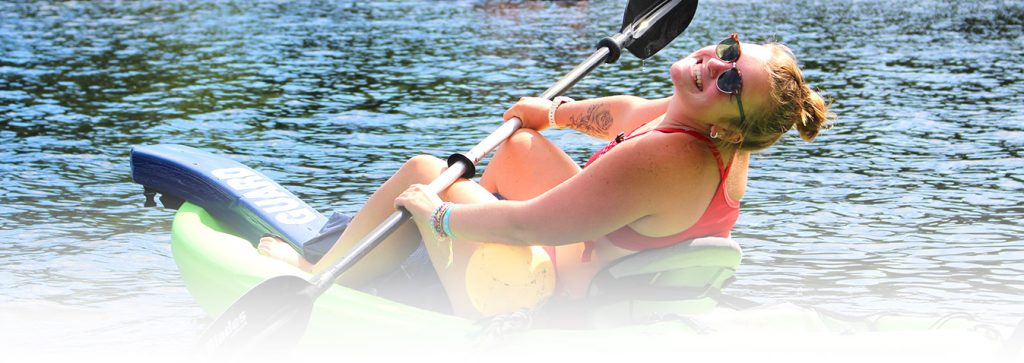
Camps Equinunk and Blue Ridge
Camps Equinunk and Blue Ridge is a brother/sister summer camp with separate boys and girls campuses, located in Equinunk, Pennsylvania. EBR houses children ages 6-16 and offer a wide range of activities and events, including sports, arts and crafts, adventure and wilderness programs, and more.
At Camps Equinunk and Blue Ridge, campers and staff have the opportunity to make new friends, develop new skills, and build confidence and independence in a supportive and engaging environment. Counselors and staff on both campuses are dedicated to creating a positive and memorable experience for all campers and are committed to helping them have fun and thrive.
Camps Equinunk and Blue Ridge offer an exciting and fulfilling summer experience in a an exquisite natural setting. Come join the fun and make lasting memories at Camps Equinunk and Blue Ridge! More about summer camp positions at Camps Equinunk and Blue Ridge this summer…
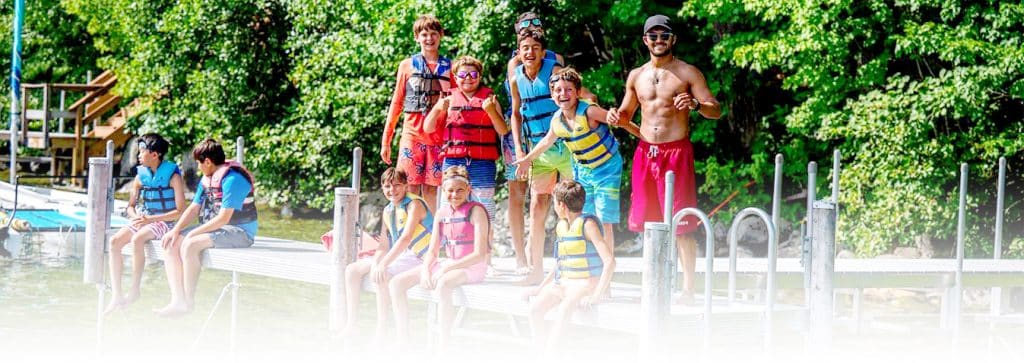
Camp Birchmont
At Camp Birchmont, kids step into a world of newfound independence, transitioning from home to a welcoming “home away from home.” Set in a stunning camp environment, Birchmont nurtures a supportive community where campers thrive. Encouraging active participation, making friends, and embracing new adventures are key. Friendship, mutual respect, and endless fun are the cornerstones of the Birchmont experience.
At Birchmont, cabin life instills support and camaraderie in every child. Through cooperation and consideration, campers foster a strong sense of community amidst 300 acres of summer fun and adventure.
Joining Birchmont’s staff means being part of an exceptional camper-to-counselor ratio, with roughly one staff member for every three campers! Plus, you’ll receive unparalleled support from a seasoned supervisory team boasting decades of collective Birchmont expertise, ensuring your summer is guided with care and wisdom. Check out summer camp jobs at Camp Birchmont in New Hampshire…
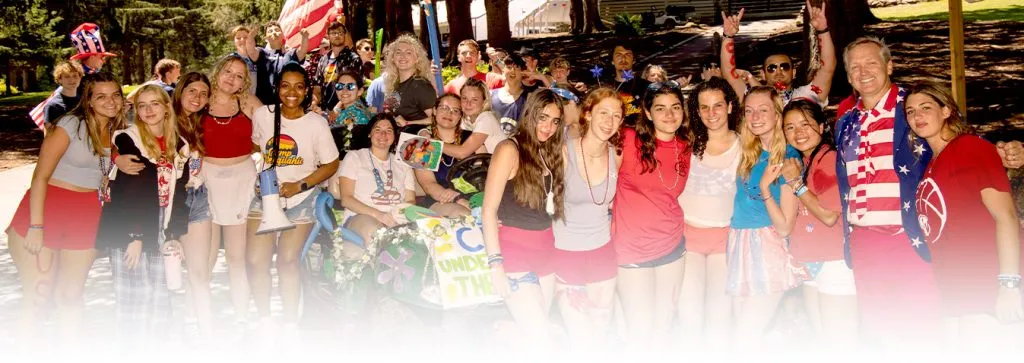
Camp Weequahic
Camp Weequahic is a co-ed summer camp located in Lakewood, Pennsylvania that serves children ages 6-16. Working at Camp Weequahic is an exciting, rewarding and fulfilling experience for many reasons.
Working at Camp Weequahic allows people to make an impact on the lives of kids. You will have the chance as a camp counselor or staff member to be a role model and mentor for campers, assisting them in developing new skills, confidence, and independence, forming long-lasting bonds and friendships with the children in your care.
Working at Camp Weequahic also provides chances for personal and professional development. Through your daily tasks and interactions with campers and coworkers, you will have the opportunity to build and improve your leadership, communication, and problem-solving abilities. You will also be able to learn from and collaborate with a varied group of people from various backgrounds and experiences.
Working and playing at Camp Weequahic is an incredible experience! You will live and work in a pristine summer camp setting and take part in a huge range of activities, events and timeless Weequahic traditions. The friendships you make will last forever. Learn more about working at Camp Weequahic in summer 2025…
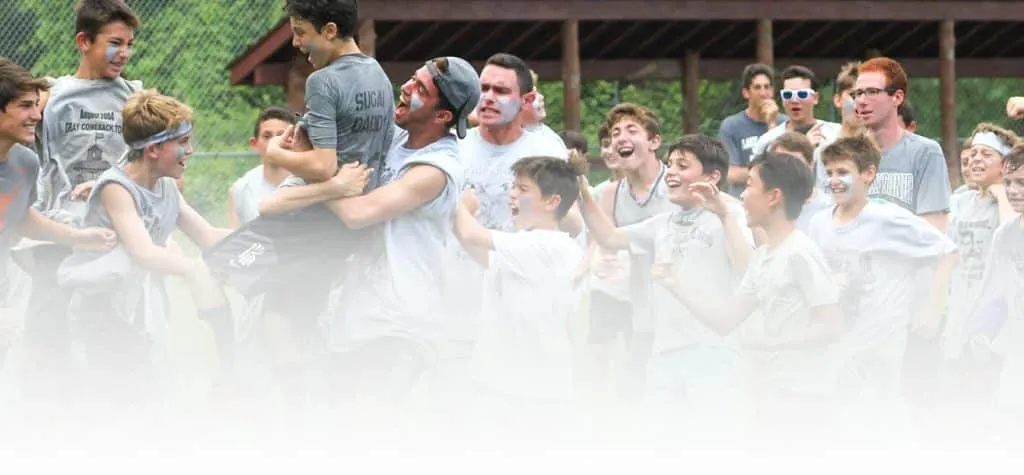
Brant Lake Camp
Step into the legacy of Brant Lake Camp, one of the earliest single-family-owned camps in the US, established in 1916. With a tailored approach to child care, we understand the evolving needs of each boy as he grows. Nestled on a pristine six-mile lake, our camp offers private waterfronts and beaches for endless summer adventures. Our top-notch facilities provide the perfect backdrop for sports, tradition, and pure fun.
Joining our team as a counselor promises a uniquely fulfilling experience. Guiding young minds and making a tangible impact on their lives will leave you with profound personal growth and lasting fulfillment. More about summer jobs at Brant Lake Camp in New York…
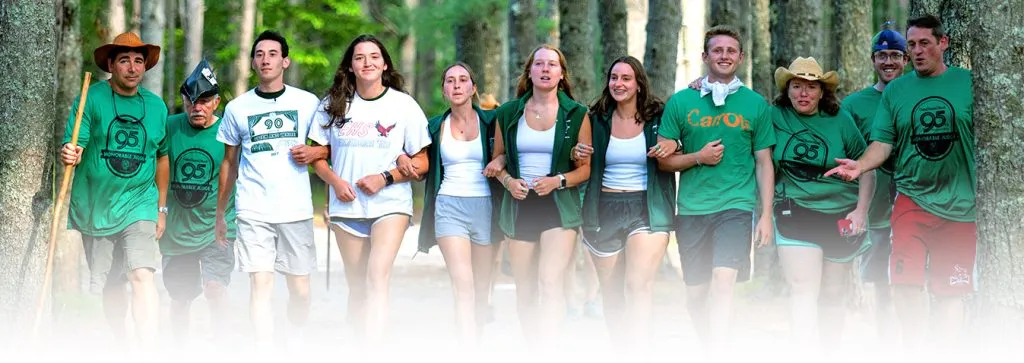
Camp Robin Hood
Camp Robin Hood, nestled in the picturesque Freedom, New Hampshire, offers an electrifying summer experience for children aged 6-17. Joining the team at Camp Robin Hood is not just a job; it’s an opportunity to ignite joy and growth in young hearts.
As a counselor or staff member, you become a beacon of guidance and inspiration, shaping the future of campers by fostering skills, confidence, and independence. Every day is a canvas for creating cherished memories and forging lifelong connections with campers who will forever hold you dear in their hearts.
Beyond the sheer joy of impacting lives, working at Camp Robin Hood propels personal and professional evolution. Leadership, communication, and problem-solving skills are honed amidst the vibrant camp atmosphere. Collaborating with a diverse array of individuals enriches your experience, fostering a community where growth knows no bounds. Learn more about working at Camp Robin Hood for summer 2025…
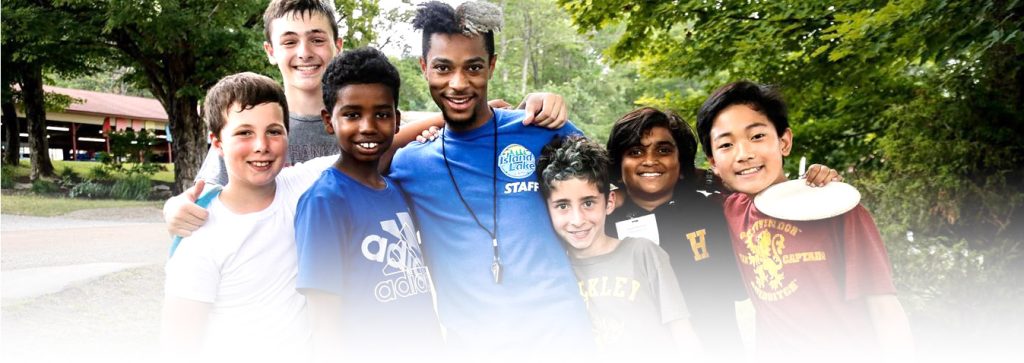
Island Lake Camp
Founded in 1986, Island Lake Sports & Arts Center thrives on personalized attention and achievement. We’re dedicated to tailoring the camp experience to meet the unique interests and needs of both staff and campers alike. Our ultimate goal? Ensuring that every moment spent at camp is brimming with excitement and cherished memories.
Nestled in a warm and nurturing environment, Island Lake embraces all who enter as part of our extended family. Our directors and leadership team are always accessible, fostering an atmosphere where communication flows freely and kindness abounds.
At Island Lake Camp, the possibilities are endless. Engage in a myriad of activities from sports to arts and crafts, adventure excursions, and beyond. Forge deep connections with fellow staff members and create enduring bonds with the children under your care. Don’t let this chance to craft an unforgettable summer while leaving a lasting impact slip away. Join the Island Lake Camp team today! Learn more about working at Island Lake Camp this summer…


